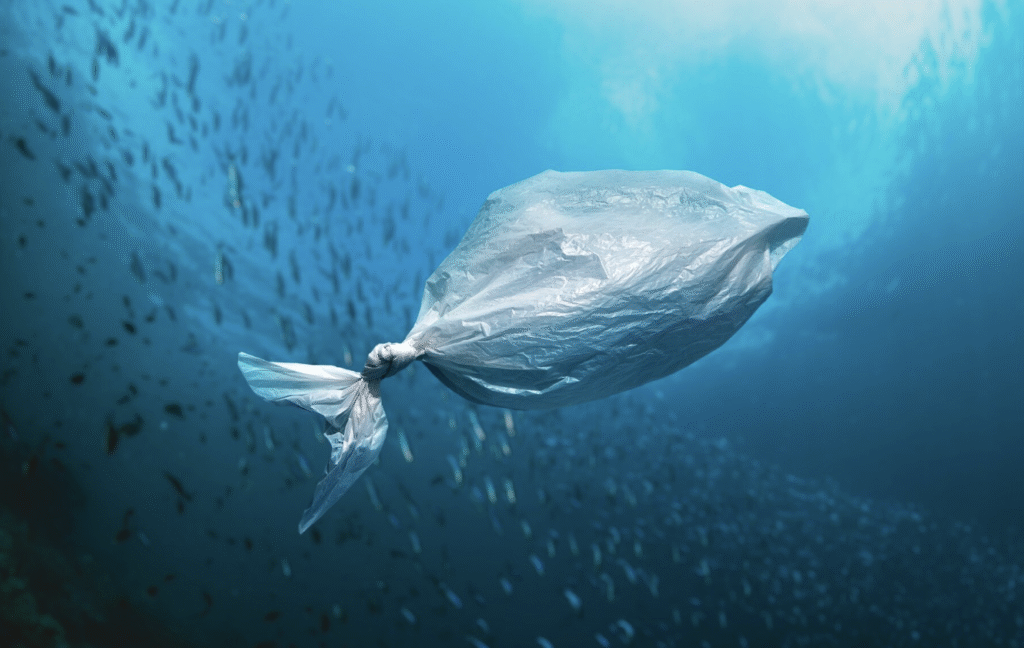Biodegradable products play a crucial role in reducing ocean pollution by offering eco-friendly packaging alternatives that decompose naturally, unlike plastics, which contribute to the 8 million metric tons of debris entering oceans annually. Traditional plastics, such as those used in single-use packaging, break down into microplastics over decades, harming marine life through ingestion and entanglement. In contrast, biodegradable materials like PBAT starch sheets and biodegradable plates, made from renewable sources such as cornstarch or sugarcane bagasse, degrade into non-toxic components within months under composting conditions or marine environments. This rapid breakdown prevents long-term accumulation in oceans, protecting marine ecosystems and reducing the estimated 100,000 marine animals killed annually by plastic debris.
PBAT starch sheets, a standout in eco-friendly packaging, exemplify how biodegradable materials safeguard marine wildlife. These sheets, used in products like biodegradable plates and food containers, are designed to break down in industrial composting facilities or, in some cases, marine environments, without releasing harmful pollutants. Unlike plastics, which form microplastics that fish, turtles, and seabirds mistake for food, PBAT-based packaging decomposes into organic matter, minimizing harm to species like the 700 marine animals threatened by plastic pollution. By replacing plastic packaging with biodegradable alternatives, industries can significantly reduce the 5.25 trillion plastic particles currently floating in the world’s oceans.
The adoption of eco-friendly packaging like biodegradable plates also supports broader efforts to combat ocean pollution by reducing reliance on fossil fuel-based plastics. Biodegradable materials require less energy to produce, cutting greenhouse gas emissions by up to 68% compared to plastics, which helps mitigate climate-driven ocean changes like acidification that further stress marine ecosystems. By choosing biodegradable products, businesses and consumers can drive demand for sustainable solutions, supported by initiatives like those at www.thedegradables.com. These efforts not only protect marine wildlife but also promote a cleaner, healthier ocean, aligning with global goals for environmental sustainability.

